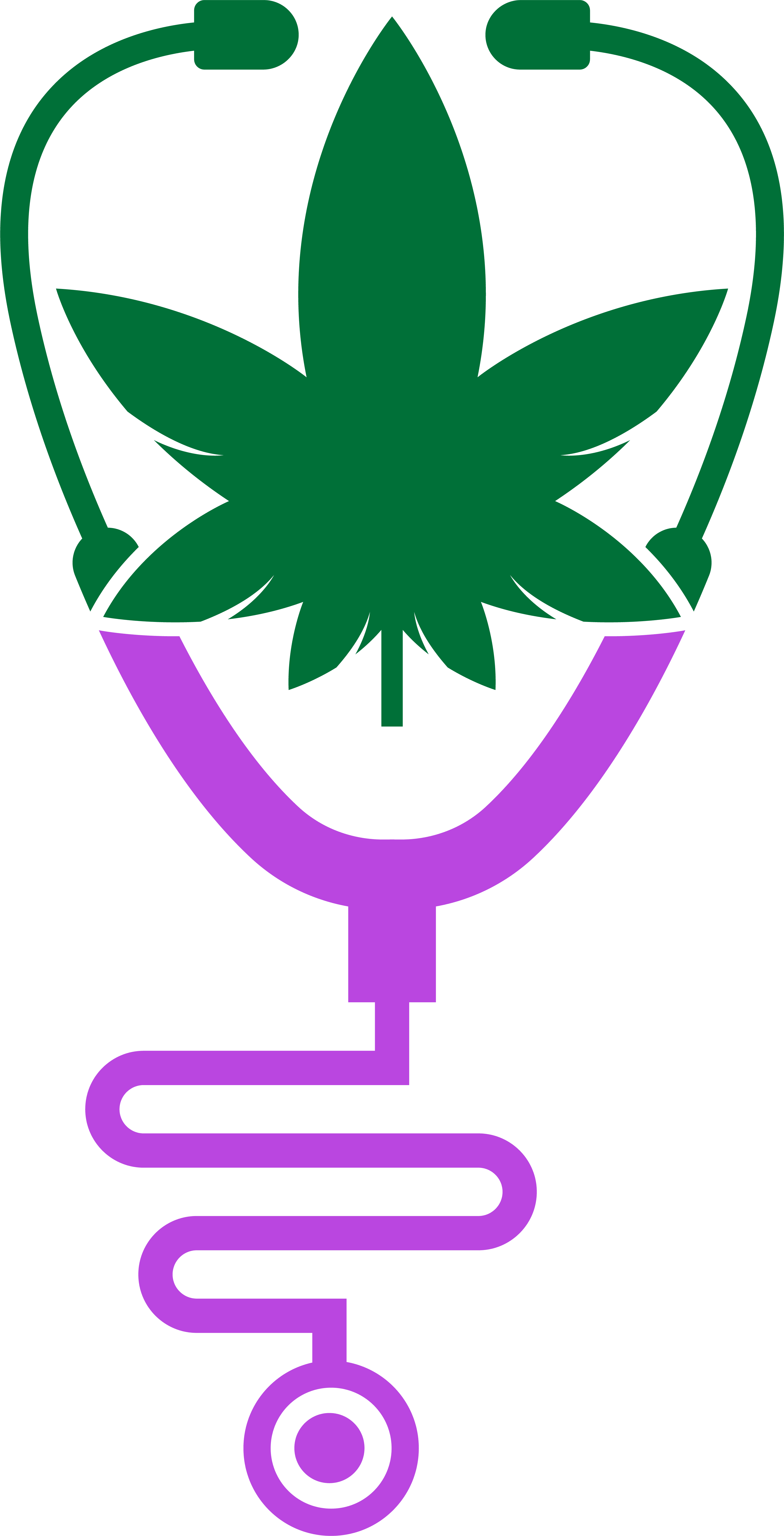Illuminating Hope: The Healing Power of Medical Marijuana in Seasonal Affective Disorder Treatment

Posted on December 9th, 2023
Introduction:
As winter's chill settles in and daylight dwindles, many individuals find themselves grappling with Seasonal Affective Disorder (SAD), a form of depression that occurs seasonally, typically in the fall and winter months. While various treatments exist, an increasingly popular avenue for alleviating SAD symptoms is the use of medical marijuana. In this article, we explore the benefits of medical marijuana in the treatment of Seasonal Affective Disorder, shedding light on its potential to provide relief and improve the quality of life for those affected.
Mood Elevation and Anxiety Reduction:
One of the primary symptoms of SAD is a persistent low mood, often accompanied by anxiety. Medical marijuana, particularly strains with higher levels of CBD (cannabidiol), has shown promise in elevating mood and reducing anxiety. CBD interacts with the endocannabinoid system, a complex network of receptors in the body, helping to regulate mood and stress levels.
Light Sensation and Increased Energy:
SAD is often associated with fatigue and lethargy, making it challenging for individuals to engage in daily activities. Some strains of medical marijuana, especially those with higher levels of THC (tetrahydrocannabinol), can promote increased energy and alertness. This can be particularly beneficial for individuals struggling with the lethargy that often accompanies SAD.
Regulation of Sleep Patterns:
Disrupted sleep patterns are a common feature of Seasonal Affective Disorder. Medical marijuana has been reported to have a positive impact on sleep, helping individuals achieve a more restful and rejuvenating night's sleep. Certain strains with a balanced THC to CBD ratio may be especially effective in regulating sleep without causing grogginess during the day.
Appetite Stimulation:
Loss of appetite is another symptom that can accompany SAD. Medical marijuana is well-known for its ability to stimulate appetite, often referred to colloquially as the "munchies." For individuals experiencing a decline in appetite due to SAD, this side effect can be a welcome relief, helping them maintain proper nutrition.
Natural Alternative to Traditional Medications:
Many conventional medications used to treat SAD come with a range of side effects, such as weight gain, drowsiness, and sexual dysfunction. Medical marijuana offers a more natural alternative with potentially fewer side effects, making it an attractive option for individuals seeking relief without the drawbacks of traditional pharmaceuticals.
Customized Treatment Plans:
The diversity of marijuana strains allows for a more personalized approach to treatment. Patients can work with healthcare professionals to find the right balance of THC and CBD that addresses their specific symptoms and preferences. This personalized approach is a key advantage in tailoring treatment to individual needs.
Conclusion:
While further research is needed to fully understand the long-term effects and optimal dosages of medical marijuana in the treatment of Seasonal Affective Disorder, initial findings suggest its potential as a valuable tool in managing symptoms. As societal perceptions of marijuana continue to evolve, it's crucial to foster open discussions and research initiatives that explore the therapeutic benefits of this plant. For those seeking an alternative or complementary approach to traditional SAD treatments, medical marijuana may offer a ray of hope in the midst of winter's gloom.
Get in Touch
Send Us a Message
Whether you have a question about our services, need assistance with your certification, or just want to share your experience with us, we're here to listen. Fill out our contact form today and let us help you on your journey to better health and wellness!

